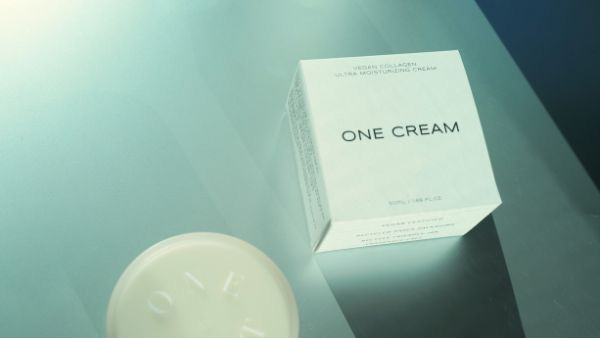A lot of people are starting to adopt the vegan diet for a variety of reasons, including health, nutrition, and environmental reasons. It’s true that this diet comes with numerous health benefits, including improved blood sugar control, lower cholesterol levels, and more. But are we missing out on specific nutrients when we completely exclude animal products from our diet?
Nutrient Composition of the Vegan Diet
If we look closely in the micronutrient composition of most vegan diets, we will observe in more detail what nutrients might be missing:
1. Vitamin B12
Vitamin B12 plays an important role in keeping the nerve and blood cells healthy, and can prevent a certain type of anemia. In addition, it also takes part in the synthesis of DNA in all cells. Deficiency in vitamin B12 can cause light-headedness, fatigue, heart palpitations, weight loss, and other complications. Therefore, it is important that we consume a healthy level daily.
They are generally found in animal products such as meat, poultry, eggs, milk, and dairy products. Plant sources do not typically contain vitamin B12, which explains why some vegan diets might not provide adequate amounts of it.
But, don’t worry! We’re here to tell you a few ways you can obtain vitamin B12 in a vegan-friendly way.
Vegan substitute: Fortified foods (including plant milks, soy products, and breakfast cereals) are all reliable sources of vitamin B12 for vegans. Another option is to take vitamin B12 dietary supplements daily to meet the recommended intake.
USDA’s Dietary Guidelines 2015-2020 recommends for a daily intake of 2.4 mcg of vitamin B12 each day. Hence, we recommend vegans to eat fortified foods two to three times a day, each containing 1 mcg of B12.
2. Vitamin D
The primary function of vitamin D is to maintain blood levels of calcium and phosphorus, and preserve bone strength. Not getting adequate vitamin D can result in bone pain, muscle weakness, and also diseases such as rickets and osteomalacia. We also have an in-depth article on Vitamin D that might be a good read for you.
Vitamin D is most commonly found in various fish products, such as cod liver oil, trout, salmon, sardines, and tuna. The vegan diet, which excludes this, might result in a lower amount of vitamin D consumed. But fish products are not the only vitamin D rich foods out there.
Vegan substitute: Fortified plant-based milk products and cereals, as well as mushrooms are a great addition to your diet if you are looking for more vitamin D. Another source is sunshine, as our skin can produce vitamin D when exposed to the sun. Finally, you can also consider taking supplements to fulfill your dietary needs.
The USDA recommends around a daily intake of 600 IU of vitamin D each day. Exposing yourself to sunshine around 10 to 30 minutes per day three times per week can give your body adequate amounts of vitamin D.
References:
1. Ods.od.nih.gov. 2020. Office Of Dietary Supplements – Vitamin B12. [online] Available at: <https://ods.od.nih.gov/factsheets/VitaminB12-Consumer/#:~:text=Vitamin%20B12%20is%20a%20nutrient,absorb%20vitamin%20B12%20from%20food.>
2. Ods.od.nih.gov. 2020. Office Of Dietary Supplements – Vitamin D. [online] Available at: <https://ods.od.nih.gov/factsheets/VitaminD-HealthProfessional/> [Accessed 26 August 2020].


